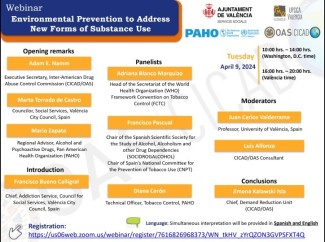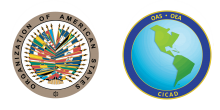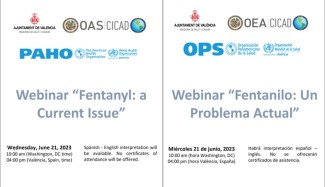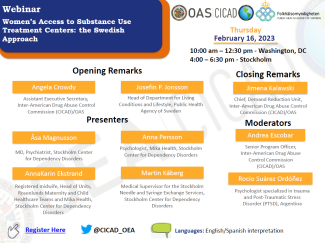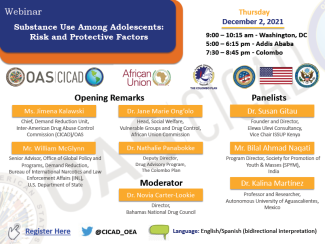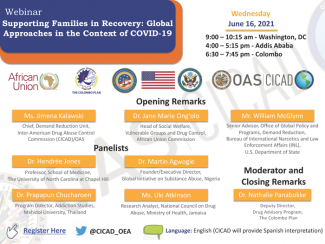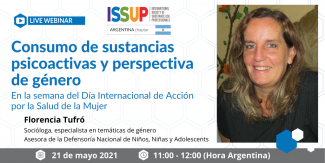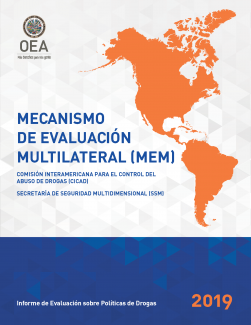Prévention environnementale pour lutter contre les nouvelles formes de consommation de substances
Le Secrétariat exécutif de la Commission interaméricaine de lutte contre l’abus des drogues (ES-CICAD), l’Organisation panaméricaine de la santé (OPS) et le Conseil municipal de Valence, en Espagne, vous invitent à ce webinaire sur « La prévention environnementale pour lutter contre les nouvelles formes de consommation de substances » le mardi 9 avril à partir de 10h00 (heure de Washington, DC).
